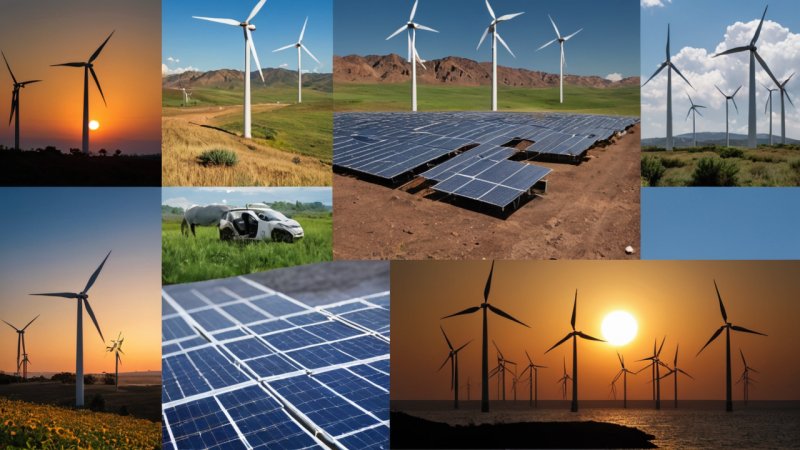As the world grapples with the pressing challenges of climate change, the relationship between climate change and energy policy has become increasingly critical. Energy policies play a significant role in shaping our response to climate change, influencing not only how we generate and consume energy but also how we can mitigate the effects of global warming. In this article, we will explore five key aspects of this relationship, highlighting the importance of effective energy policies in combating climate change.
1. The Impact of Fossil Fuels on Climate Change
The reliance on fossil fuels is one of the primary drivers of climate change. When burned for energy, fossil fuels release significant amounts of greenhouse gases, particularly carbon dioxide (CO2). This increase in greenhouse gases leads to global warming and climate change. Understanding the extent of this impact is crucial for developing energy policies that prioritize renewable energy sources.
- Fossil fuels account for approximately 80% of global energy consumption.
- Transitioning to renewable energy could reduce CO2 emissions by over 70% by 2050.
- Policies promoting fossil fuel divestment can accelerate the shift to cleaner energy alternatives.
2. Renewable Energy Policies and Their Importance
Renewable energy sources, such as solar, wind, and hydroelectric power, are essential in reducing greenhouse gas emissions. Energy policies that support the development and deployment of these technologies can significantly mitigate climate change effects. Moreover, these policies can foster energy independence and create new job opportunities.
- Incentives for renewable energy investments can lead to substantial economic growth.
- Countries with strong renewable energy policies have seen a decrease in energy costs.
- Increased renewable energy adoption can enhance energy security and resilience.
3. The Role of Energy Efficiency in Mitigating Climate Change
Energy efficiency is another critical aspect of energy policy that can combat climate change. By improving the efficiency of energy use in buildings, transportation, and industries, we can reduce overall energy demand and lower emissions. Governments can implement policies that promote energy-efficient technologies and practices.
- Energy-efficient appliances can reduce energy consumption by up to 50%.
- Building codes that require energy-efficient designs can significantly lower emissions.
- Public transportation initiatives can reduce reliance on personal vehicles, decreasing overall emissions.
4. International Cooperation on Climate and Energy Policies
Climate change is a global issue that requires international cooperation. Countries must work together to create and implement effective energy policies that address climate change collectively. This cooperation can take various forms, including treaties, agreements, and joint initiatives.
- The Paris Agreement aims to limit global warming to below 2 degrees Celsius.
- Collaborative research and development can accelerate the transition to clean energy technologies.
- Global financial support for developing countries can enhance their energy infrastructure.
5. The Future of Energy Policy in a Changing Climate
As climate change continues to evolve, so too must our energy policies. Policymakers need to be proactive in adapting to new scientific findings and technological advancements. This adaptability will be crucial in ensuring that energy systems are resilient and capable of meeting future challenges.
- Investing in research and innovation can lead to breakthroughs in clean energy technologies.
- Policies must be flexible to incorporate new data and climate models.
- Public engagement and education are vital for fostering support for necessary policy changes.
In conclusion, the relationship between climate change and energy policy is complex and multifaceted. By understanding the impact of fossil fuels, the importance of renewable energy, the role of energy efficiency, the need for international cooperation, and the future of energy policy, we can better navigate the challenges posed by climate change. Effective energy policies are not just a response to climate change; they are essential for creating a sustainable and resilient future.






